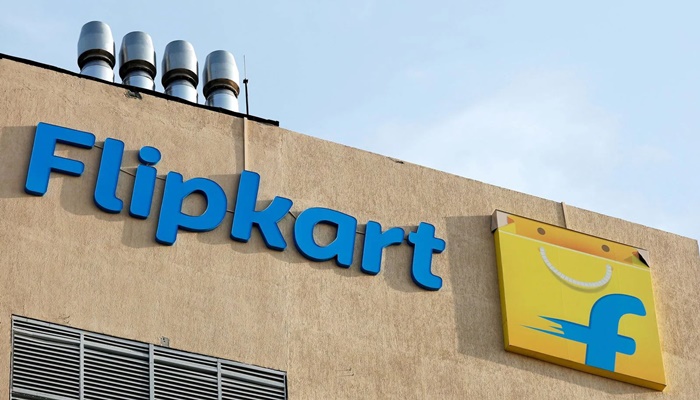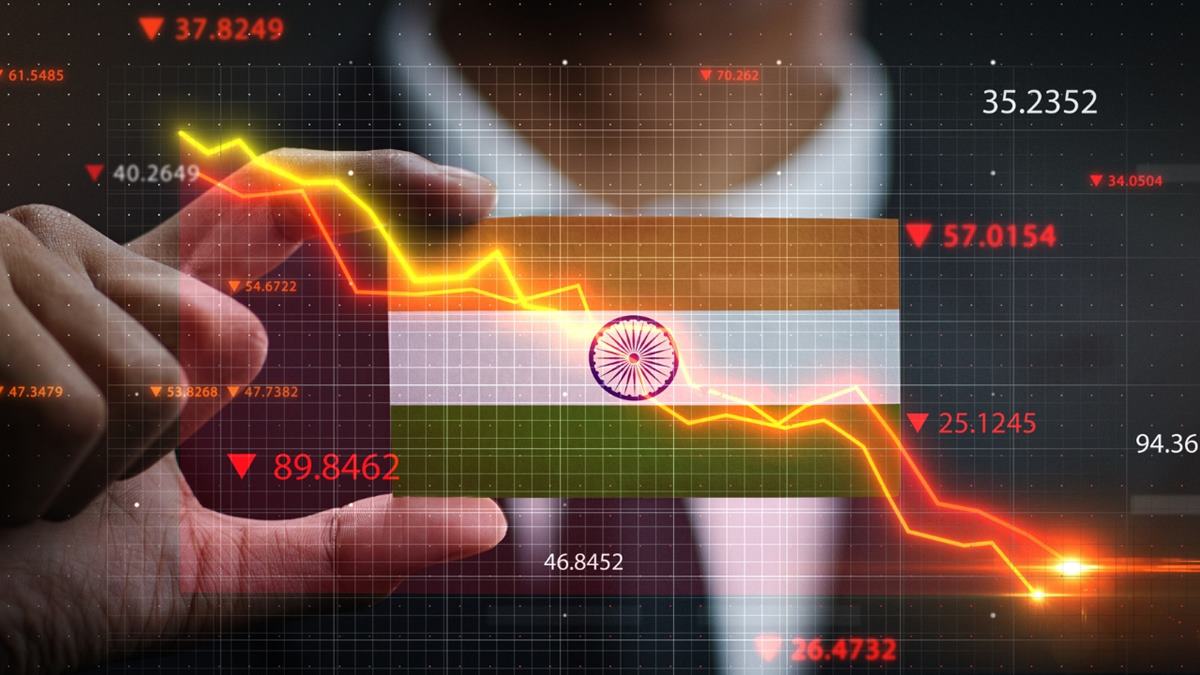Imagine this.
Your school has a captain. He gets the fanciest lunchbox, a gold star every day, and a big shiny trophy, even when the team loses and half the class is told they can’t come to practice anymore. Sounds unfair, right? Well, that’s exactly what’s happening in real life.
Tata Sons Chairman N Chandrasekaran just bagged a Rs 155.81 crore paycheck for FY25. That’s up 15 per cent from last year—a pay bump that amounts to Rs 42.6 lakh per day, including weekends, holidays, and days employees packed their desks while Tata Consultancy Services is laying off 12,000 employees, and Air India (also Tata-owned) clocked Rs 10,859 crore in losses. The cognitive dissonance couldn’t be clearer: a celebrated chairman getting a 15 per cent raise when massive layoffs and soaring losses in flagship companies are happening. Take K Krithivasan, the TCS CEO, who in fiscal year 2025 earned Rs 26.52 crore million—a 4.6 per cent raise from the previous year. But this isn’t just about one man or one conglomerate. This is about the moral Rubik’s cube at the heart of modern capitalism. Tata Sons’ profit after tax jumped nearly 10x in five years from Rs 2,680 crore in FY2020 to Rs 26,232 crore in FY2025. So yeah, Chandrasekaran did lead a monster jump in profits. And that’s the corporate defence: “Big numbers equals big reward.” Those profits didn’t trickle down. Sure, the numbers sound righteous, if you ignore those earning around Rs 22.5 lakh a year at Tata. The ladder was built by them, but they can’t climb it. Only the big chief gets the cigar.
Let us be clear: this column is not backing a war on wealth. This is a demand for proportion. If success is shared in speeches, why is it hoarded in practice? It’s not just Tata. This is arithmetic injustice. Take Yashish Dahiya, CEO of PolicyBazaar: who made Rs 613.8 crore in FY22, while the company was haemorrhaging losses. Vinay Sanghi of CarTrade Tech clocked Rs 176.6 crore that practically dwarfed the company’s revenue. At Wipro, Thierry Delaporte walked away with Rs 79.8 crore in 2022, even as performance wobbled and market share eroded. Salil Parekh of Infosys earned Rs 80.62 crore in FY25, over 725 times the median employee salary. Sandeep Kalra at Persistent Systems took home Rs 61.7 crore in 2023. It’s the age‑old paradox: high risk for all, high reward for few. Globally, resistance is stirring. Shareholders at the monster Aussie bank Macquarie Group revolted with over 25 per cent voting against executive pay. In Norway, company boards include worker representatives by law. In Germany, codetermination requires that employees hold up to 50 per cent of seats on supervisory boards. In 2013, 67.9 per cent of Swiss citizens voted in a referendum to ban “golden parachutes” and mandate shareholder approval for pay hikes.
Compare this to India, where executive pay often flies under the radar, tucked in the dense pages of annual reports, until it erupts during layoff seasons. The Securities and Exchange Board of India mandates disclosure, yes, but the moral scrutiny is left to newspaper columns like this and Twitter rage. The dissonance is philosophical: Plato’s Republic imagined rulers selected for wisdom, Rousseau warned equality was the foundation of freedom, Marx screamed at the contradiction between capital and labour; and yet CEOs are elected through shareholding and are rewarded while workers get popcorn. Workers’ wages globally have stagnated internationally. A 2023 International Labour Organization report showed that real global wages declined by 0.9 per cent in 2022—the first such drop in two decades. American CEOs earn 272 times what the median worker does. Sundar Pichai took home Rs 1,870 crore the same year Alphabet axed 12,000 jobs. Even as the top bosses walked off with crores, the lower level and middle level staff got axed. A May 2025 study revealed that while CEO pay in India soared 50 per cent, average worker wages climbed just 0.9 per cent, the steepest divide in a decade.
So what’s really happening?
The motto of capitalism says: “Work hard and you’ll be rewarded.” But it’s kinda like saying, “Everyone gets pizza,” and then handing the whole box to the class monitor while everyone else gets crumbs. That’s not teamwork. That’s cheat mode. If your team wins, the whole team should get the prize. If your team loses, you don’t just give the coach a bigger trophy. It’s time to rewrite the rules of the game where everyone gets a fair shot at the scoreboard. Not just the ones in pinstripes. Capitalism promised hustle equals success. What it has given us is crony karaoke, where only the people on stage get the applause and the money, while the rest of us go along, unpaid.
So the next time a C-Suite biggie says “we’re all in this together,” ask them why only a few walk away with the trophy while everyone else pays for the afterparty.



















